We’ve all seen the cautionary label on pill bottles, telling us in big, bold letters to avoid drinking while taking the medication. But what happens if you ignore that warning? Nothing good.
"Alcohol can either inhibit or amplify the effects of the medication in an uncontrolled and unpredictable way," says Kristine Arthur, MD, an internist at MemorialCare Orange Coast Medical Center in Fountain Valley, California.
That’s true for both over-the-counter and prescription medications - and even mixing alcohol with natural remedies, like St. John’s Wort, can be problematic. The consequences of drinking while taking medications can range from minor (feeling a bit dizzy, for instance) to fatal.
"A cold pill that makes you a little drowsy could make you unconscious mixed with alcohol. And an anxiety or sleep medication which calms you could make you stop breathing," says David Cutler, MD, a family medicine physician at Providence Saint John’s Health Center in Santa Monica, California. "While the effects of alcohol on virtually all classes of medication can be dangerous, what is scarier is the unpredictability," he notes.
Fortunately, we can anticipate some of the potential side effects that can occur when you imbibe while on medications. From over-the-counter allergy meds to prescription sleeping pills and everything in between, here are some of the scary consequences that can result if you ignore that alcohol warning on a pill bottle.
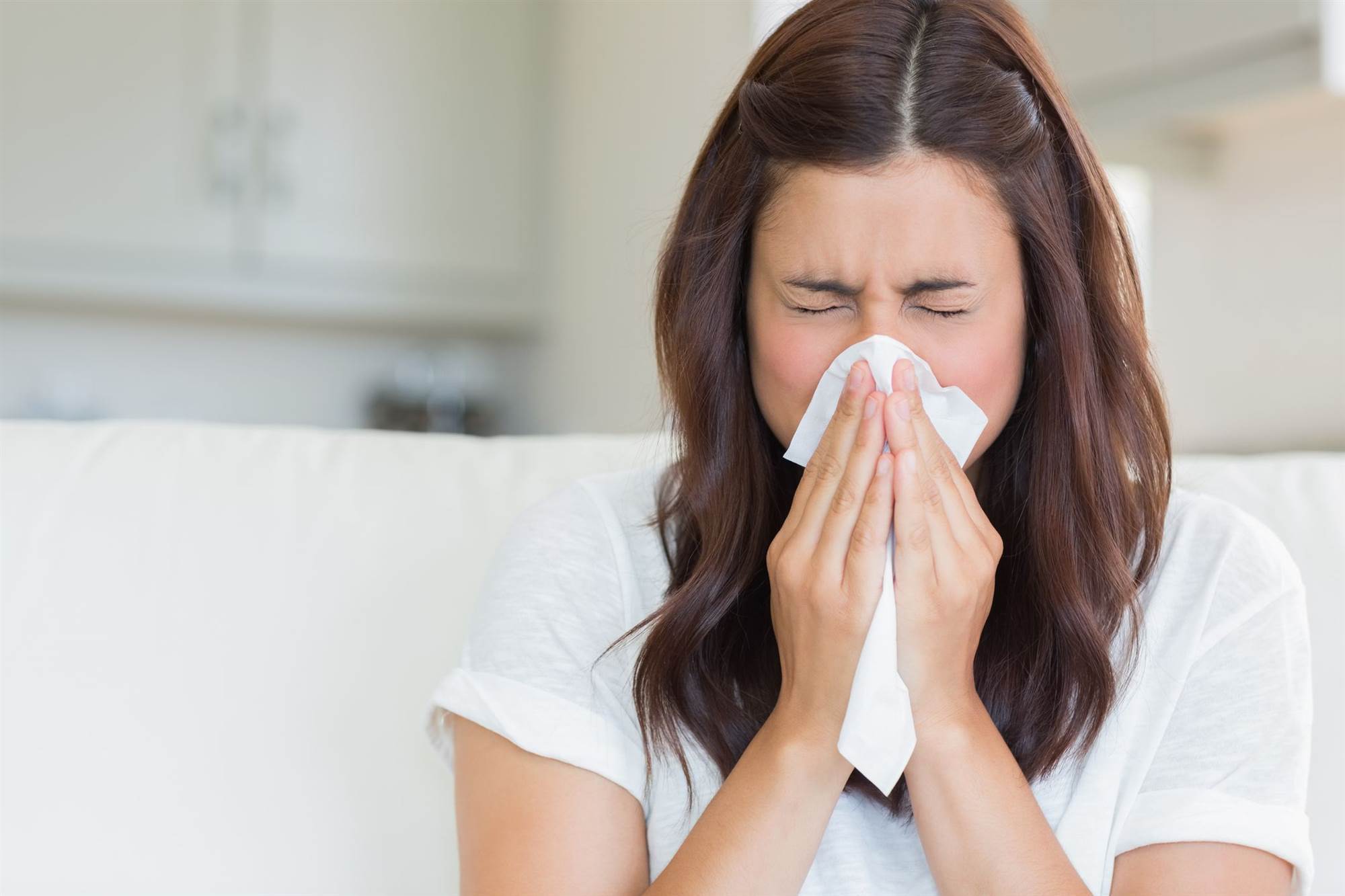
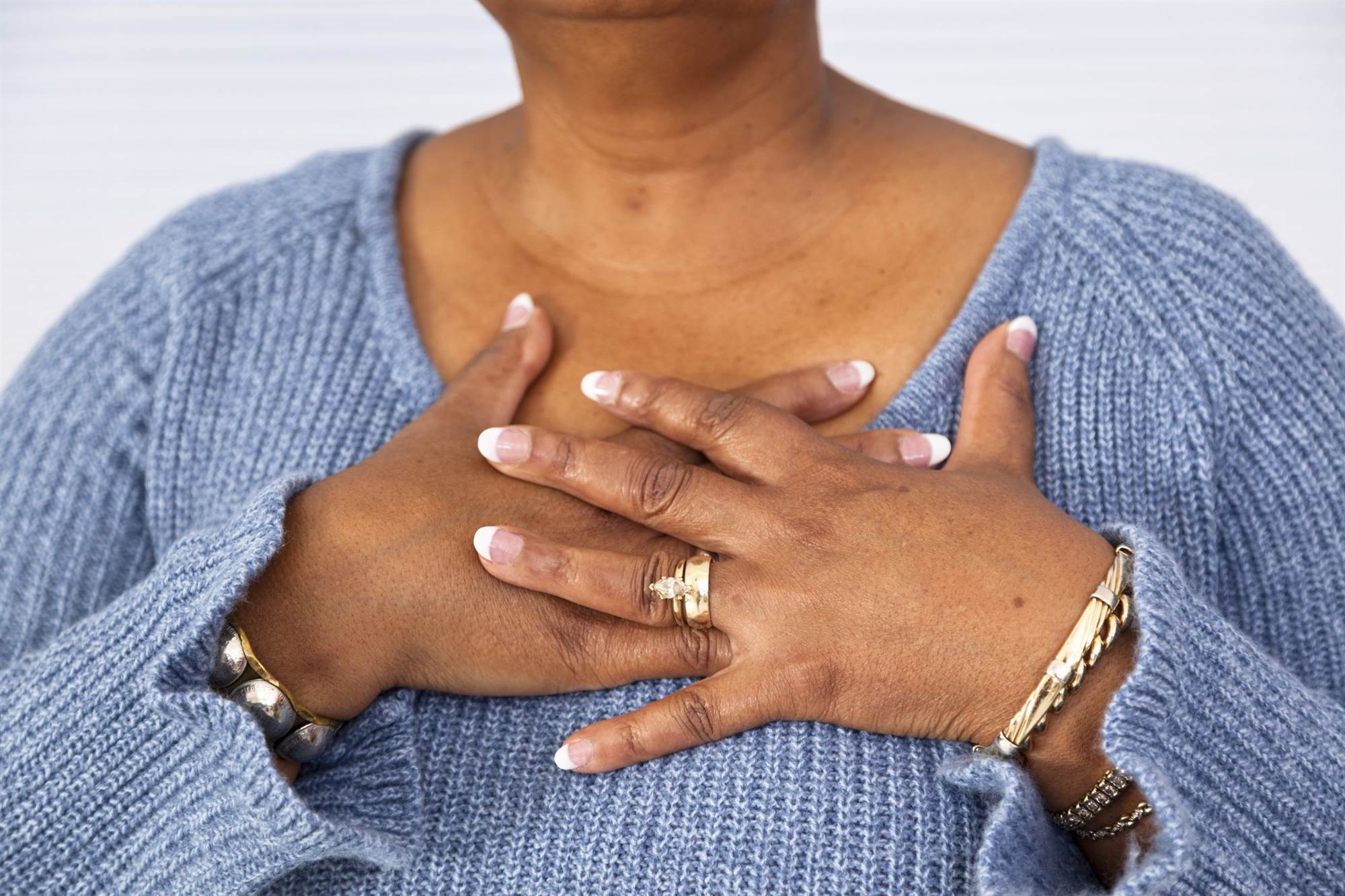
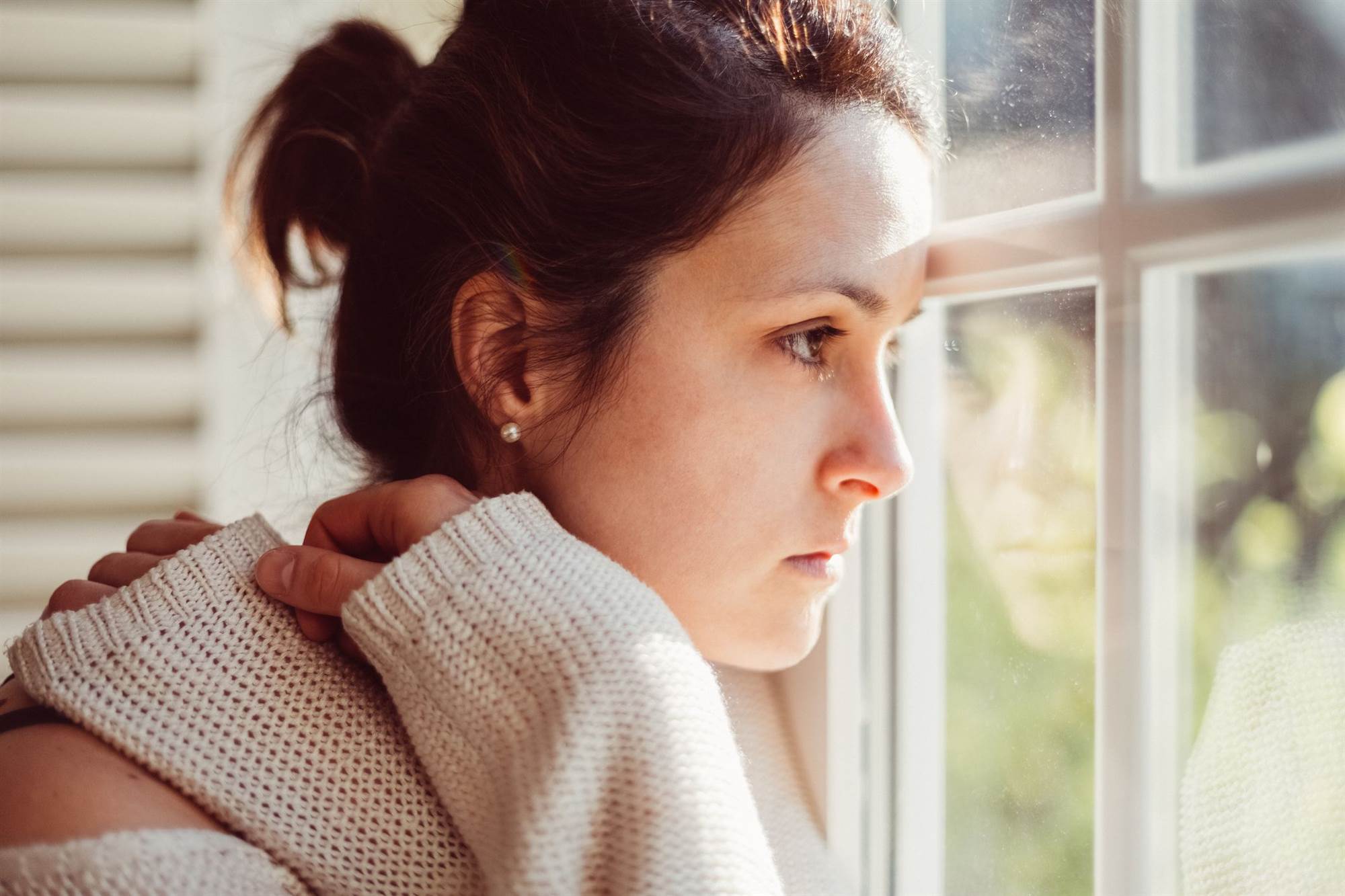
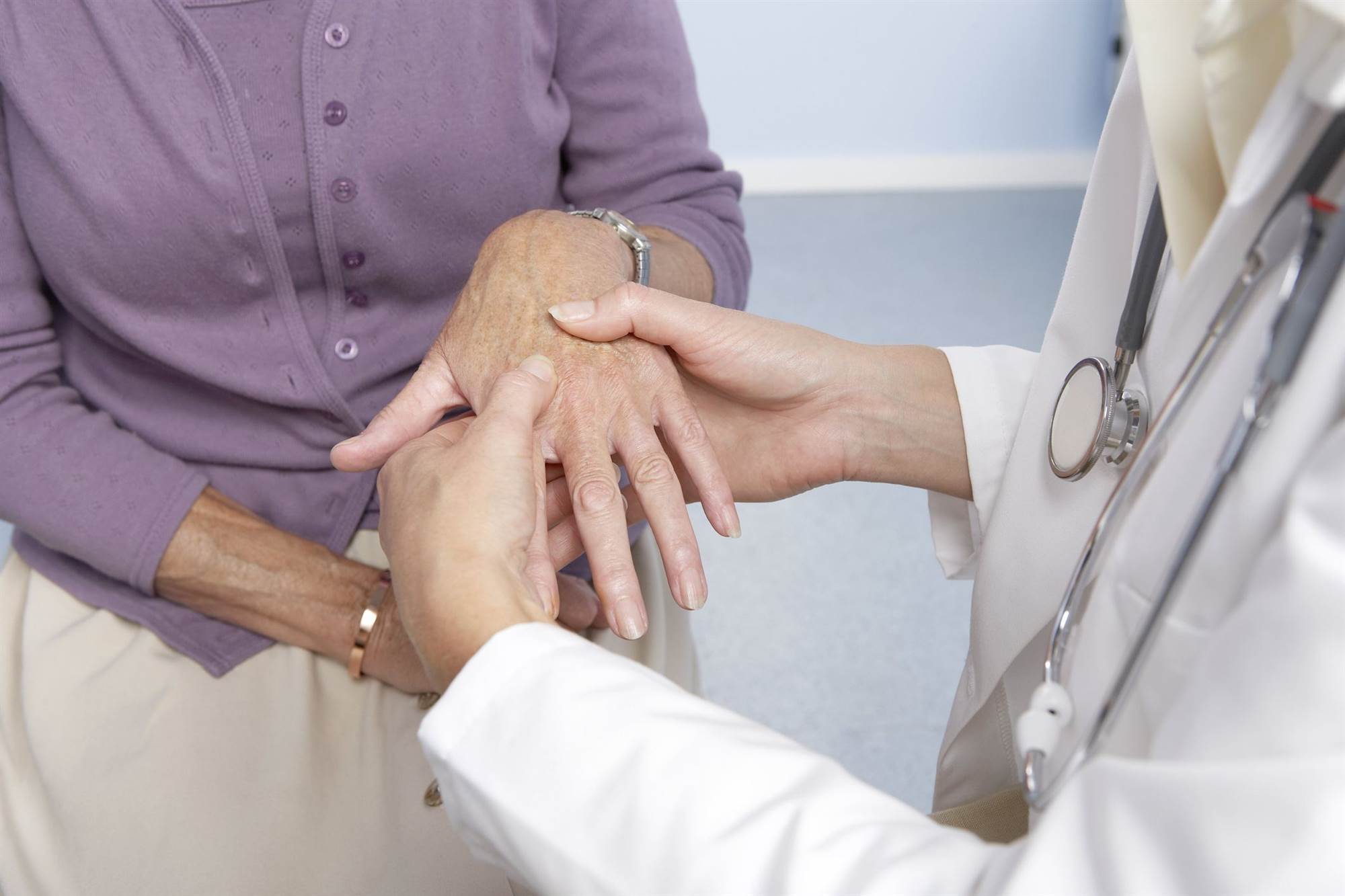
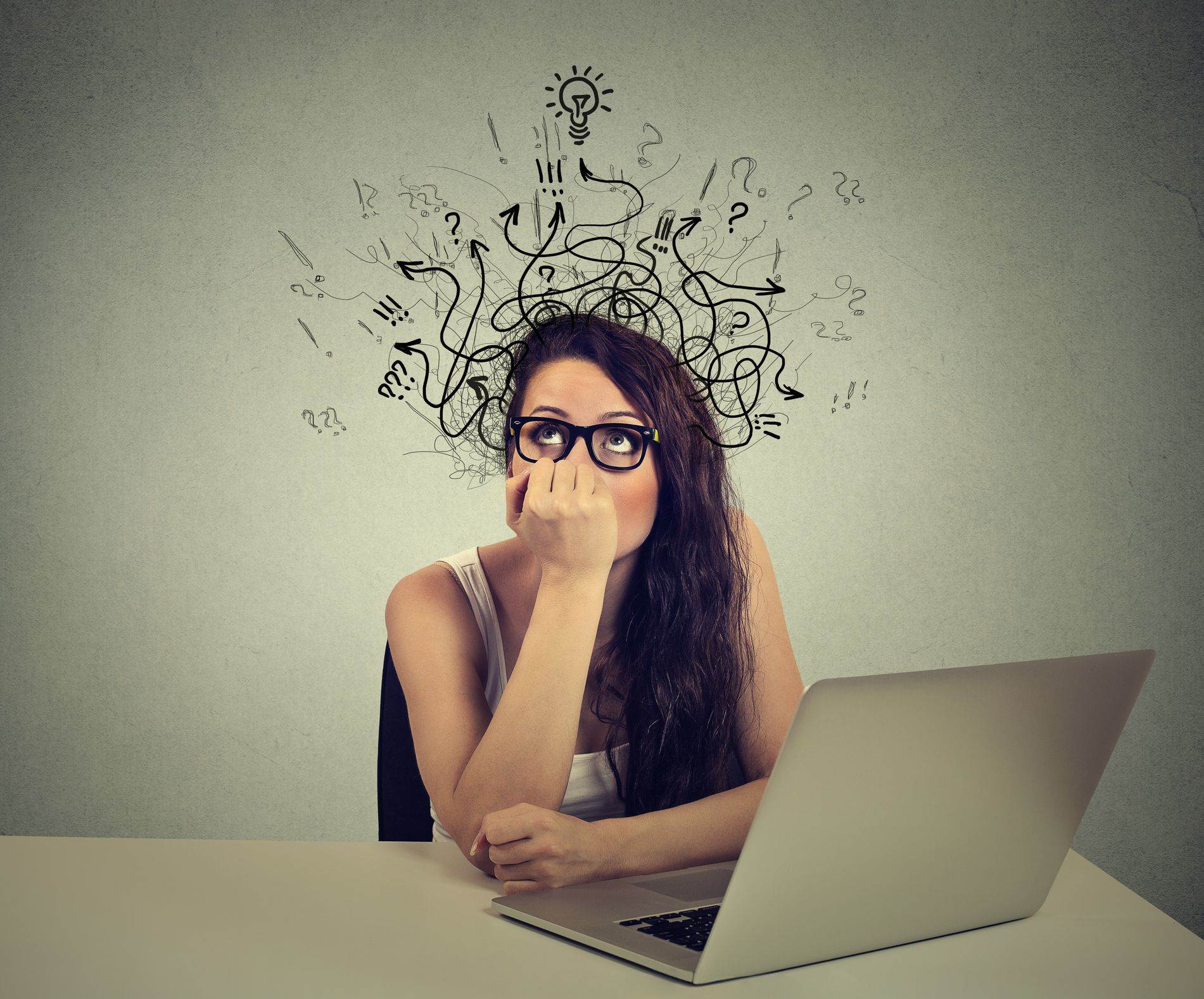
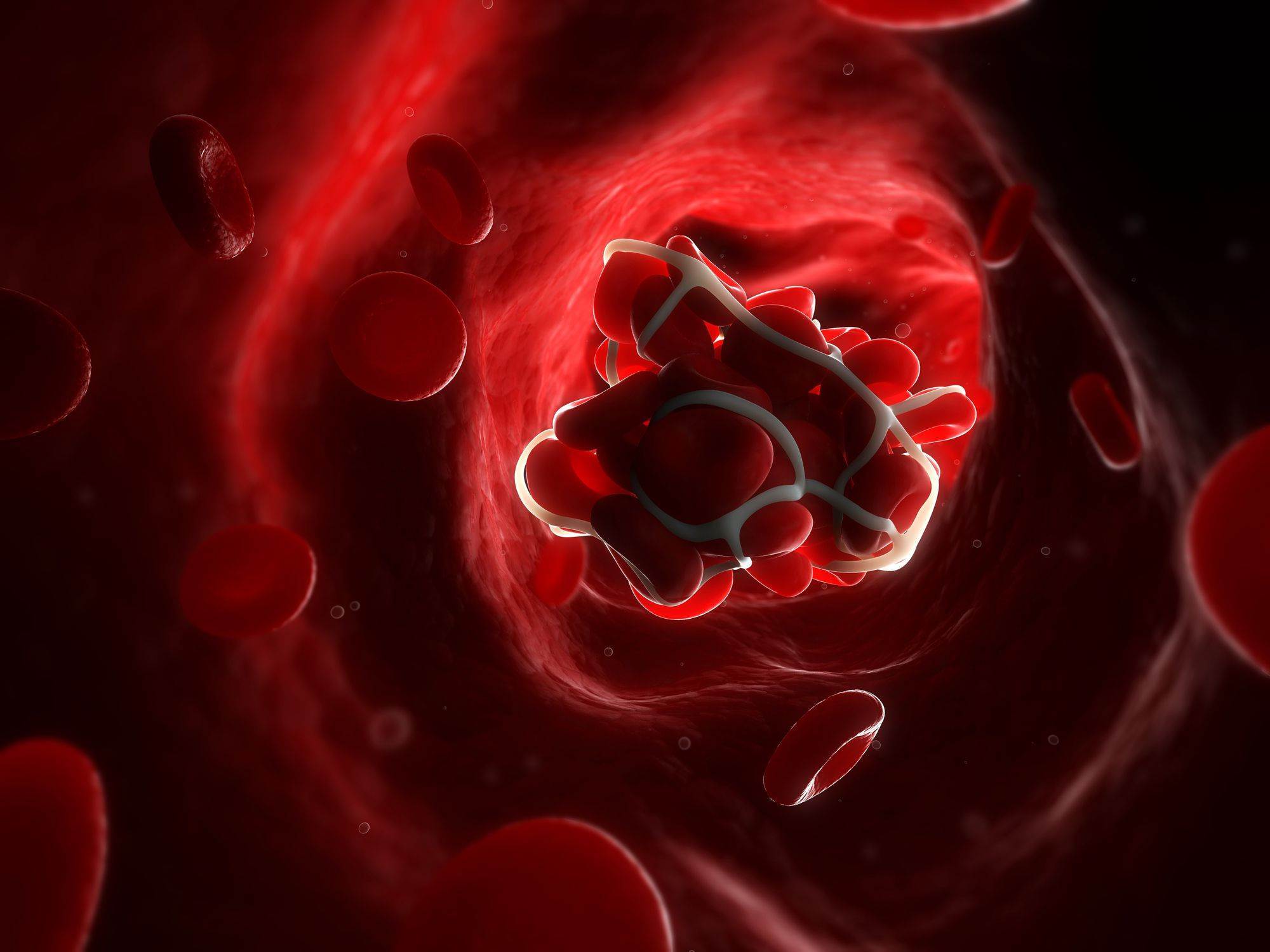
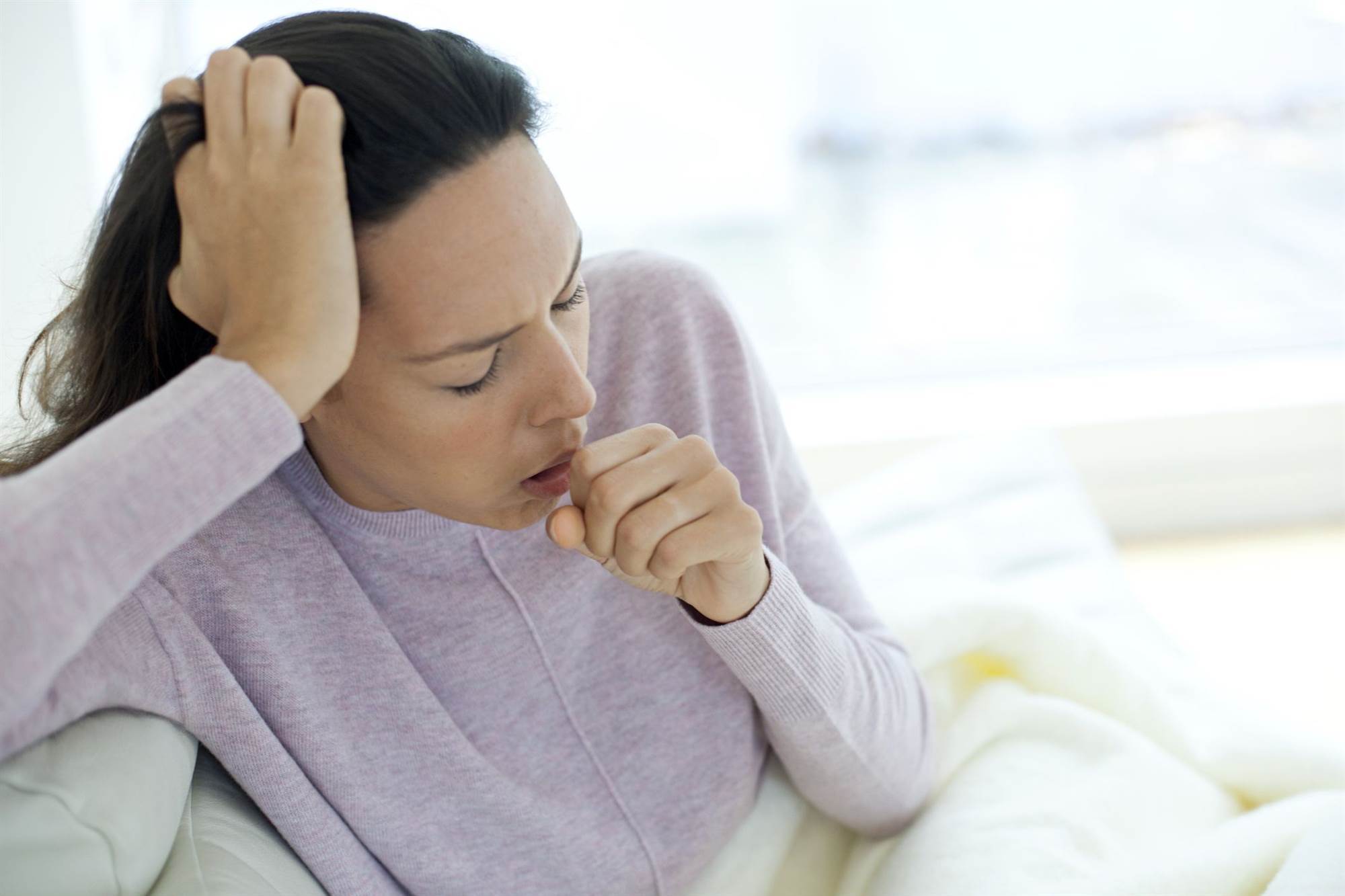
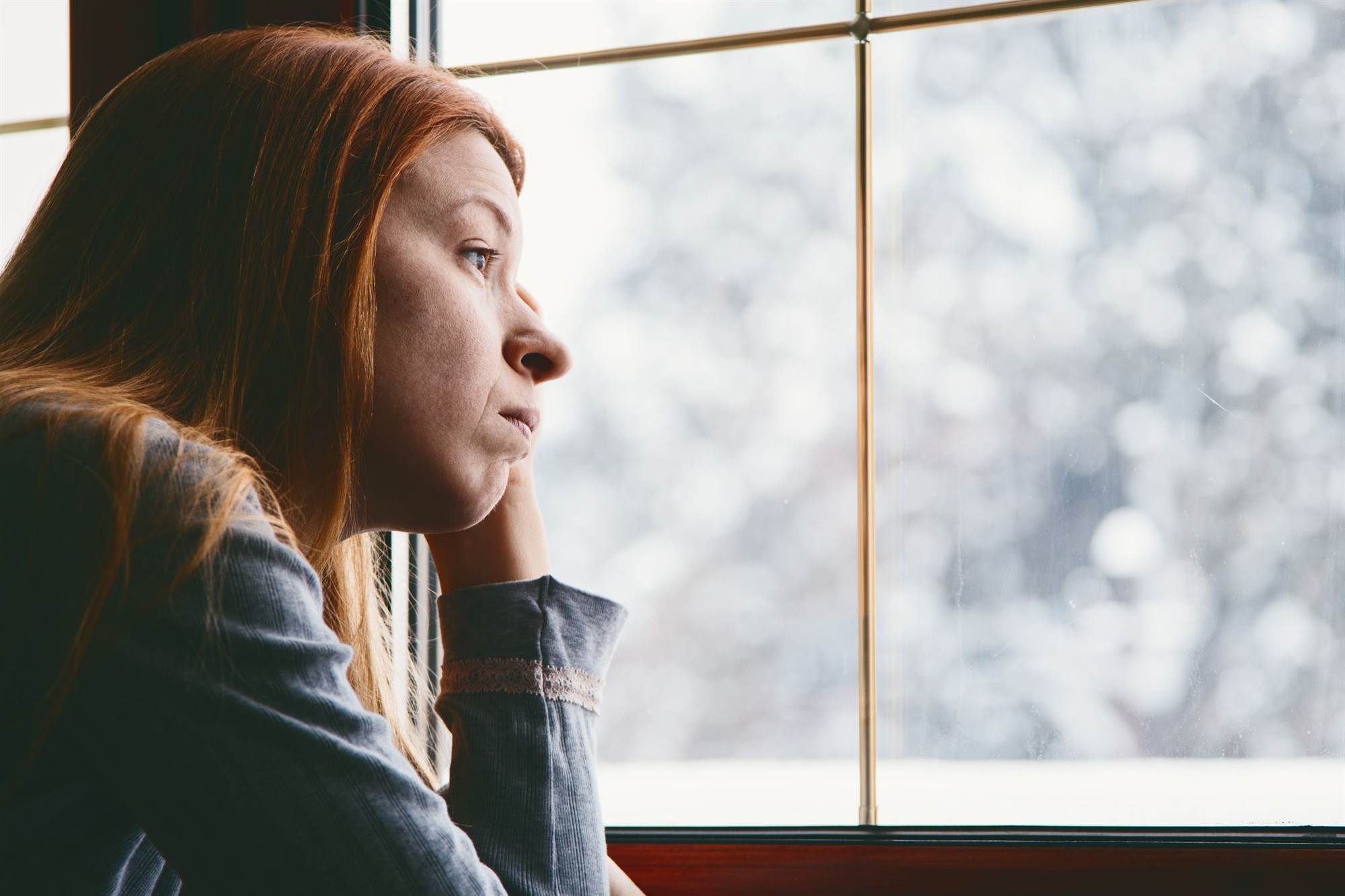
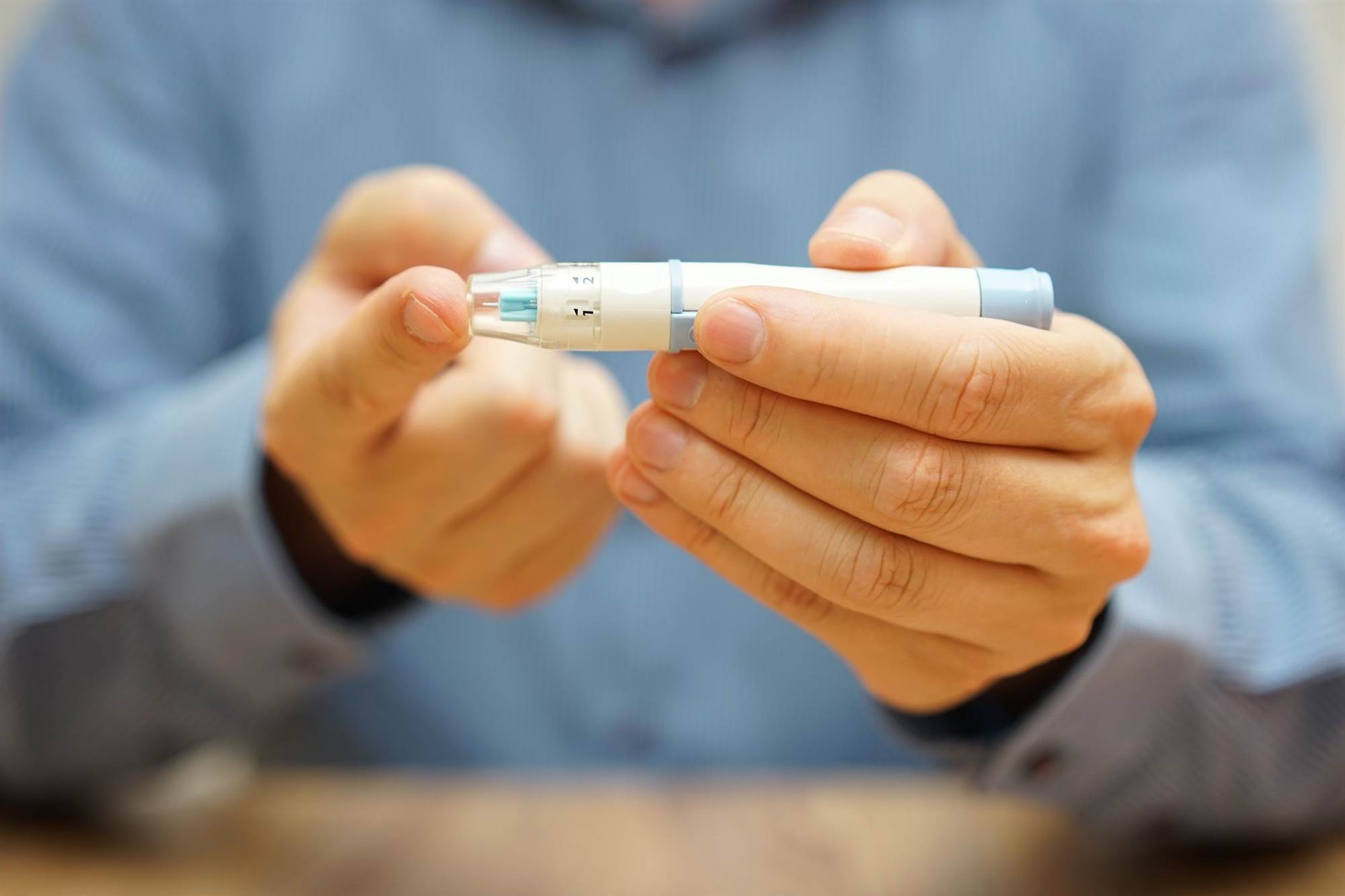
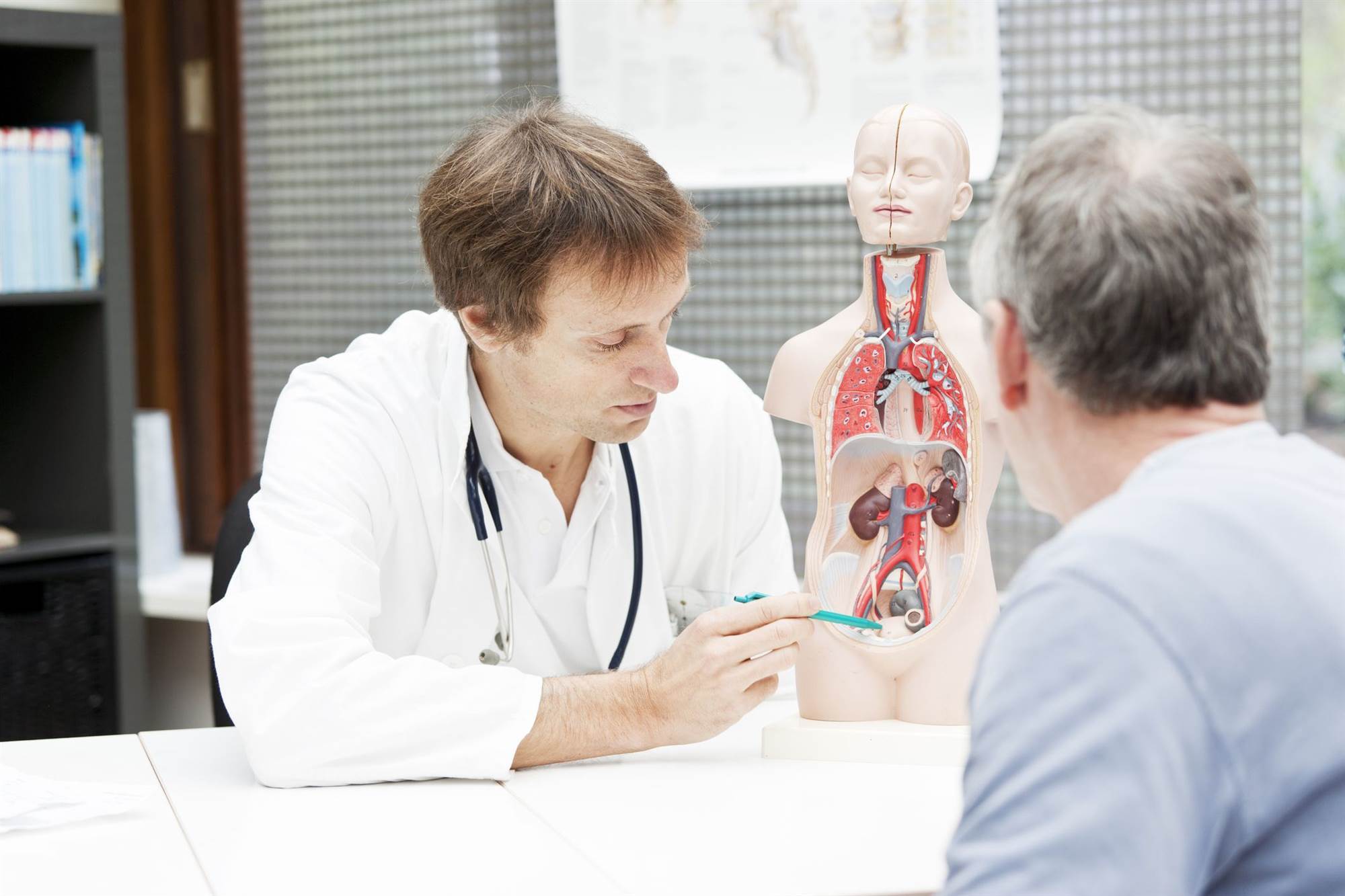

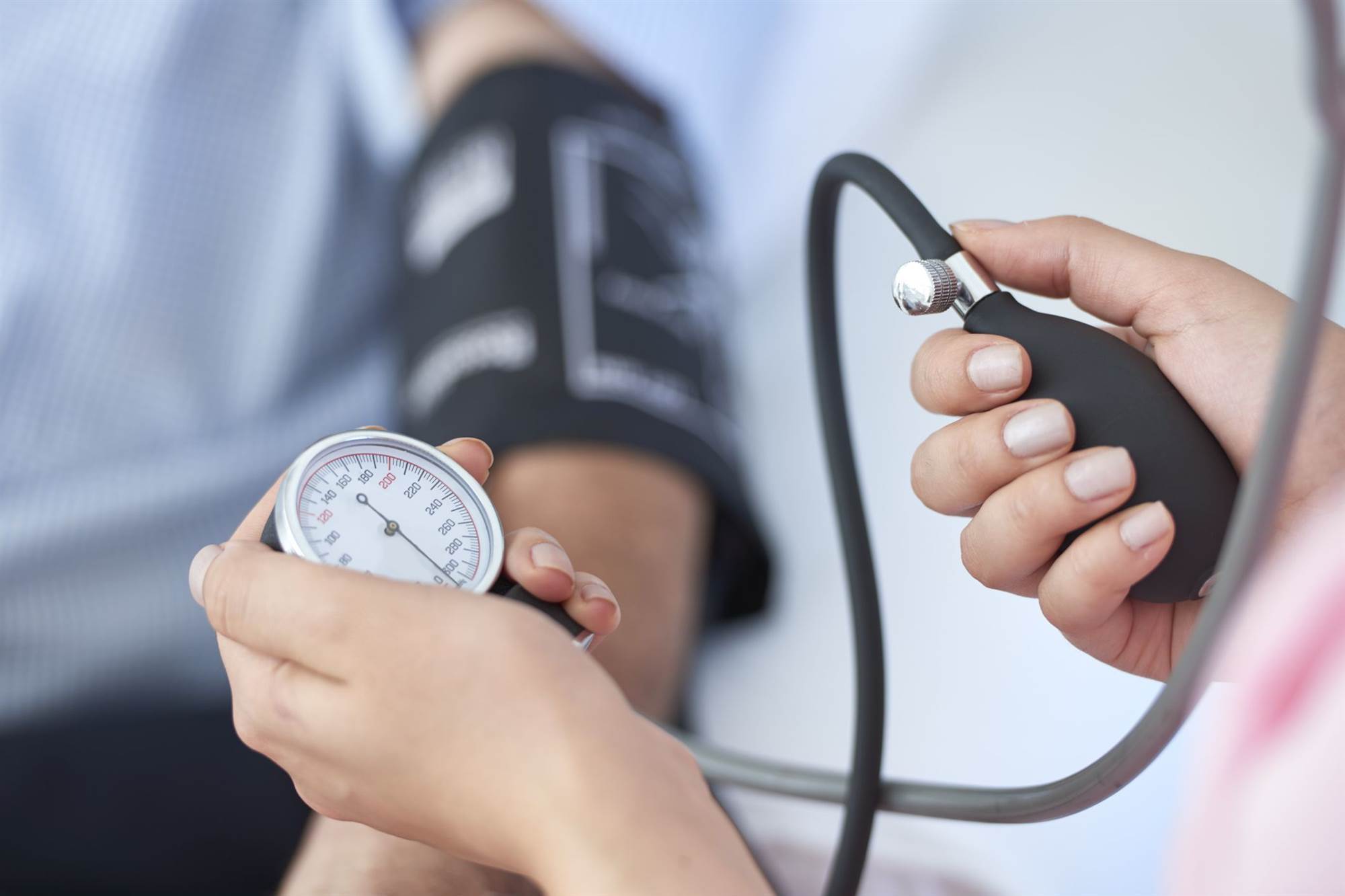
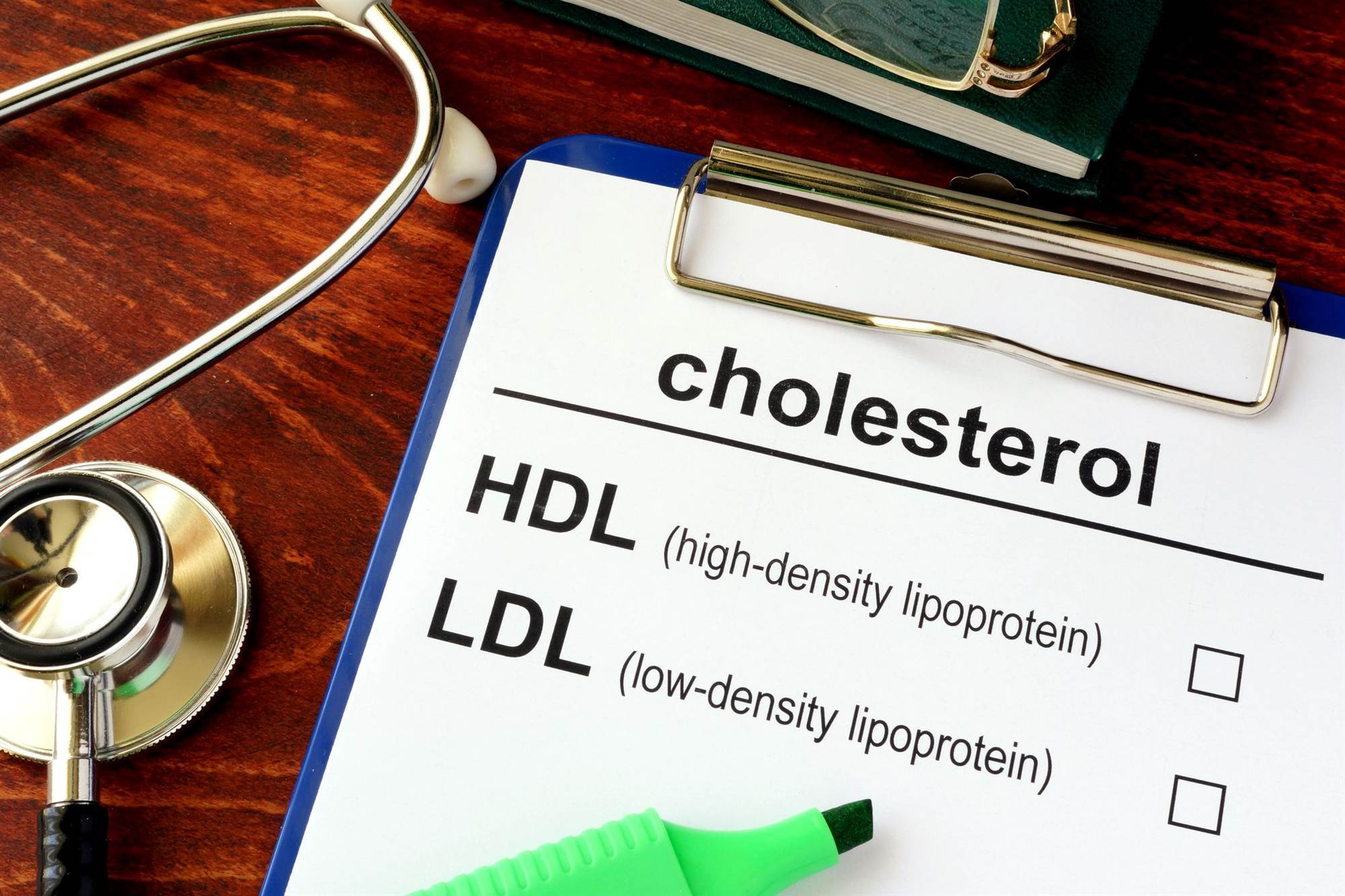

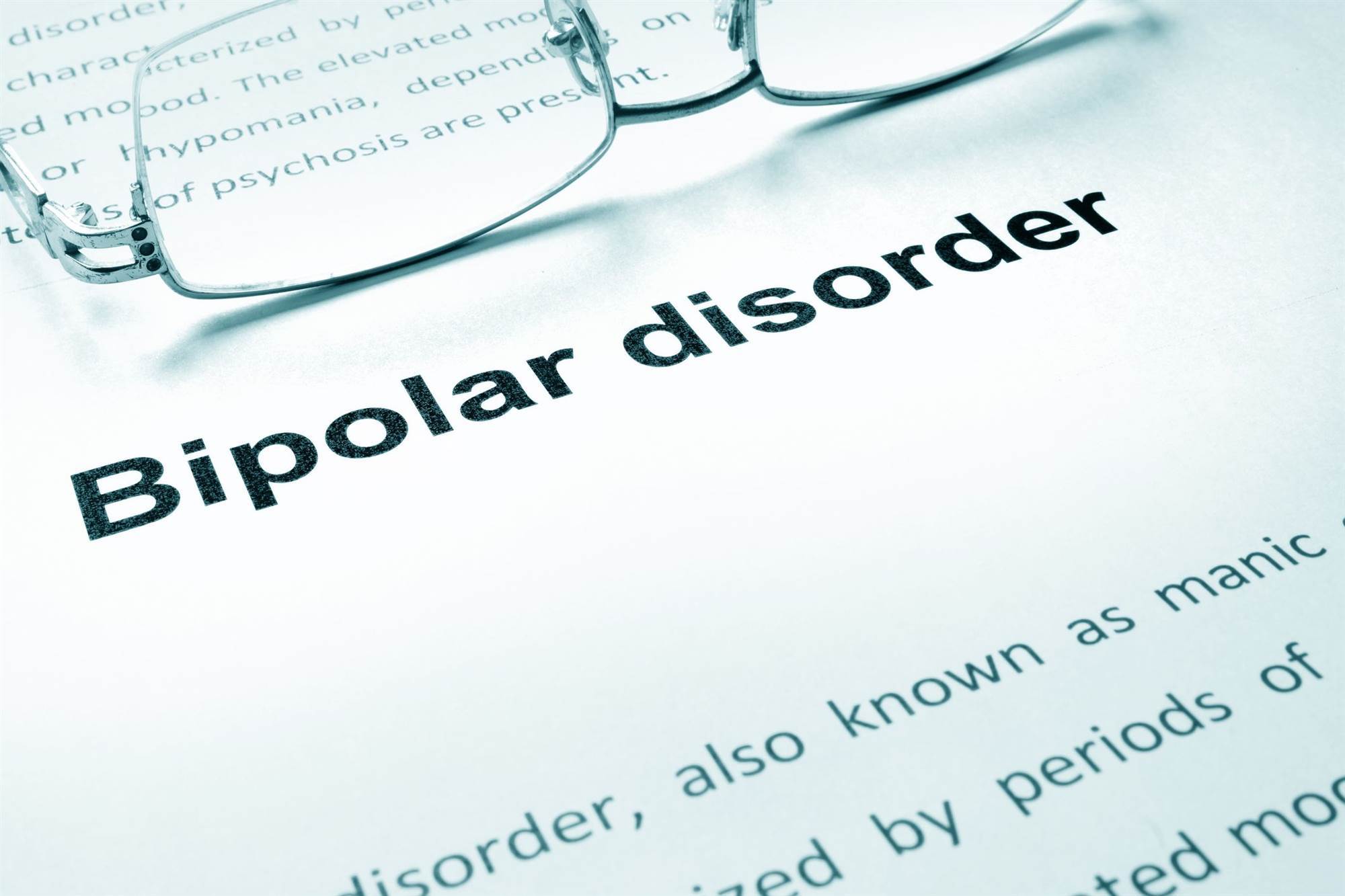


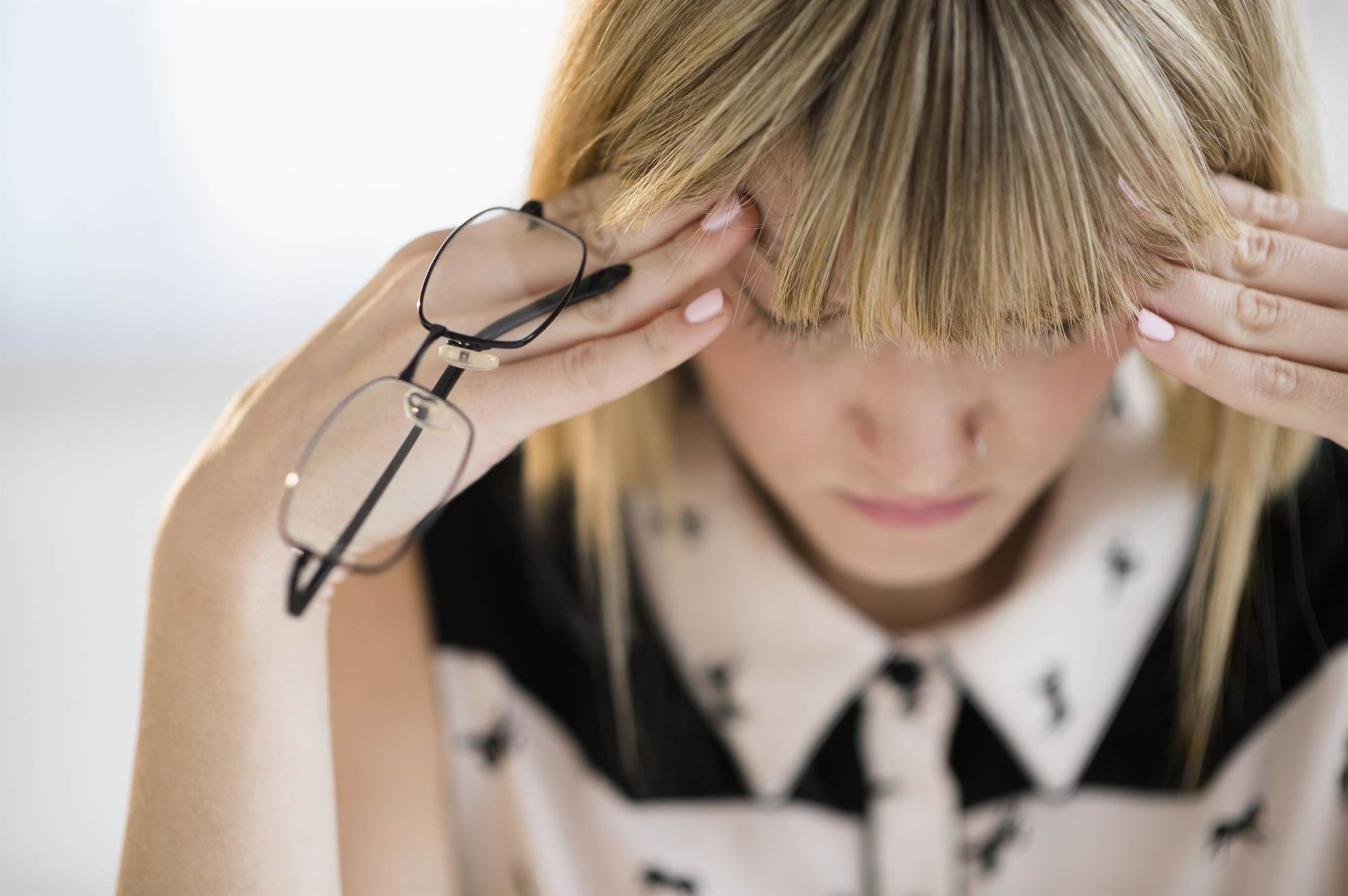
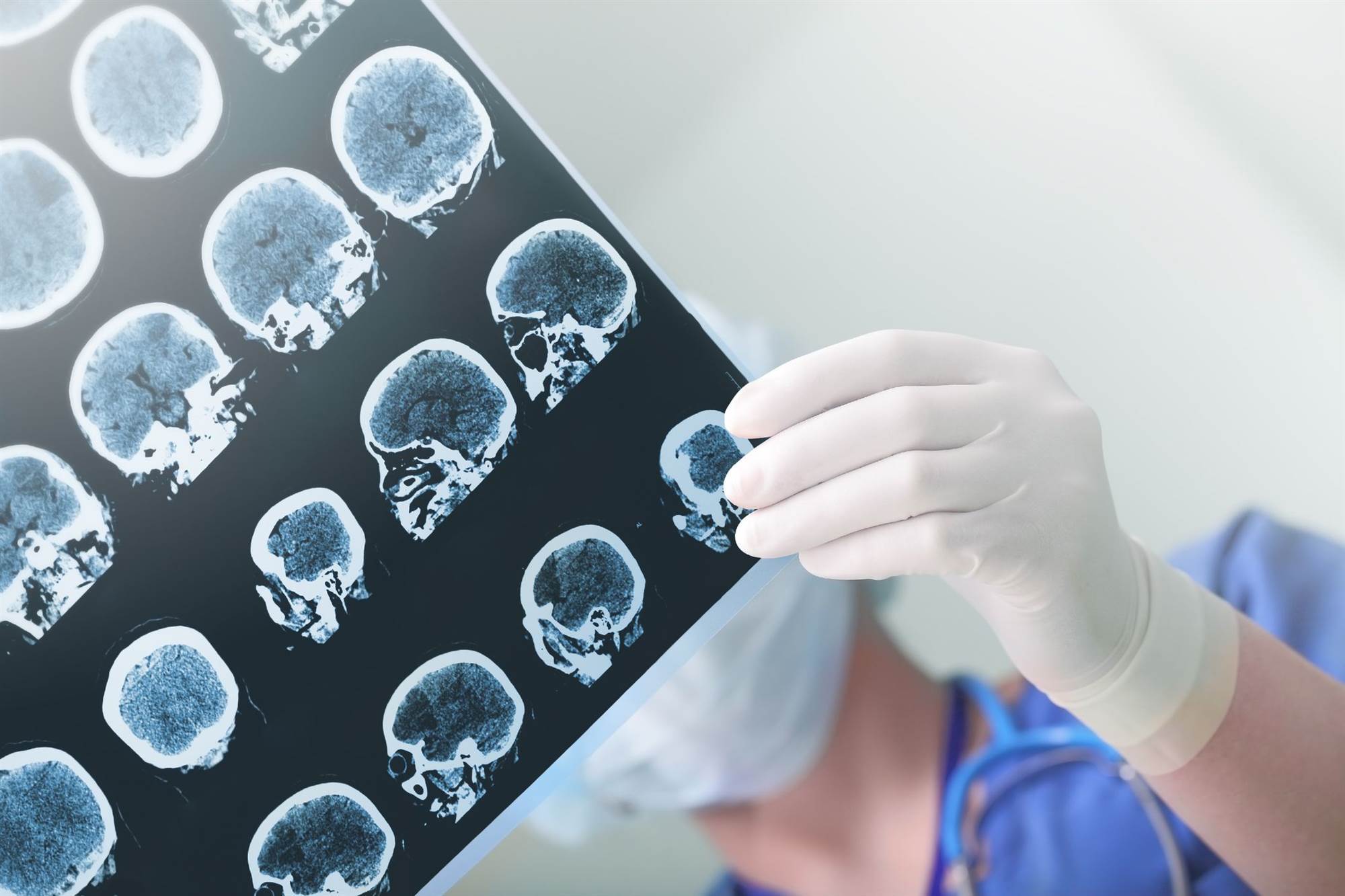
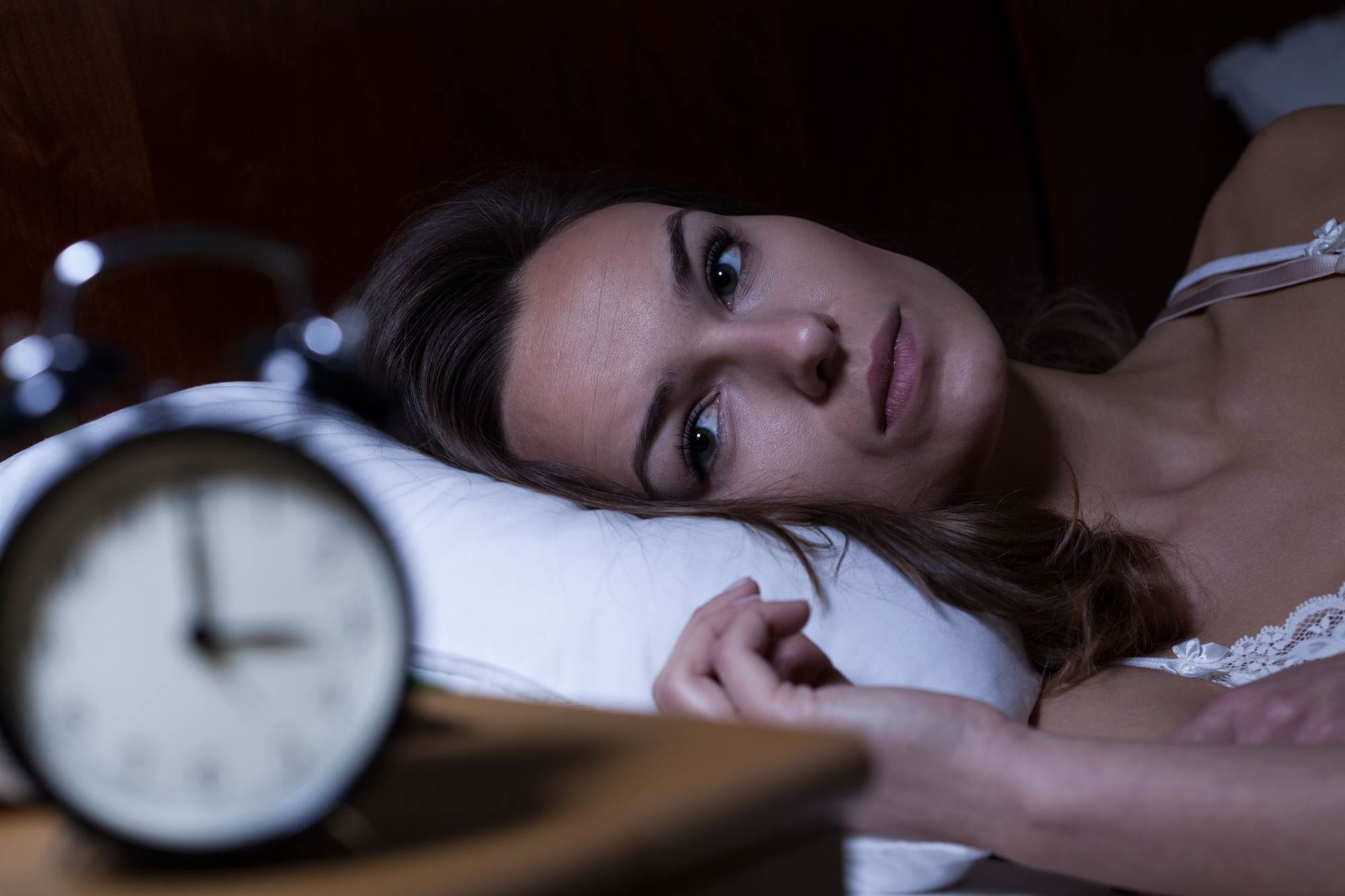
©Getty Images
1) Allergy & cold medications
Including brand-name drugs like: Claritin, Benadryl, Zyrtec, Triaminic Cold & Allergy, Tylenol Cold & Flu
Springtime sniffles may have you reaching for allergy meds, which are known for interacting poorly with alcohol. According to the National Institute for Alcohol Abuse and Alcoholism (NIAAA), mixing over-the-counter sniffle stoppers with booze can leave you feeling drowsy or dizzy. "Any antihistamines - the class of medication [that combats allergies] - that are associated with drowsiness can have more of an effect of sedating with alcohol," says allergist and immunologist Dr Andrew Weinstein.
©Getty Images
2) Angina medications
Including brand-name drugs like: Isordil, Nitrostat, Rectiv, Nitrolingual
If you experience chest pains, your doctor may prescribe a drug to prevent attacks. But be warned: Do not drink while taking these drugs. "Mixing alcohol and medication for chest pain like nitroglycerin [the generic name for Nitrostat, Rectiv, and Nitrolingual]...can cause dangerously low blood pressure or abnormal heart rhythms," Dr Arthur says. The NIAAA also notes that alcohol can increase side effects of nitroglycerin including dizziness, lightheadednes, and fainting.
There’s a similar warning for an other type of angina medication called isosorbide. The NIAA lists rapid heartbeat and sudden change in blood pressure as potential reactions to mixing the medication with alcohol
©Getty Images
3) Anxiety medications
Including brand name drugs like: Ativan, Xanax, Librium, Valium
Mixing alcohol with benzodiazepines - drugs that help relieve anxiety and panic attacks - can result in life-threatening symptoms. You might feel drowsy or dizzy, or, even experience difficulty breathing, impaired motor control, unusual behaviour, or memory problems.
©Getty Images
4) Arthritis medications
Including brand-name drugs like: Celebrex, Naprosyn, Voltaren
If you’re taking medication to manage arthritis pain, you should know that all of these medications are strong non-steroidal anti-inflammatory drugs (NSAIDs), and as such, can cause ulcers, stomach bleeding, or liver damage. But here’s the kicker: The risk of these potentially severe side effects increases when you drink alcohol, according to the NIH, especially for older adults and those who are already in poor health.
©Getty Images
5) ADD and ADHD medications
Including brand-name drugs like: Adderall, Ritalin, Strattera, Concerta
Prescription medications for attention-deficit/hyperactivity disorder are considered central nervous system stimulants. Combining them with alcohol can lead to dizziness and drowsiness. Another side effect worth noting: Drinking while taking Concerta, or Ritalin, can actually result in impaired concentration - the exact reverse of the medication’s purpose.
There are additional concerns, too. "Stimulant drugs like those for ADHD...can have wildly activating effects when mixed with alcohol," says Dr Cutler. Mixing Adderall or Dexedrine with alcohol increases the risk for heart problems, and drinking on Strattera carries a risk for liver damage, the NIAAA notes.
©Getty Images
6) Blood clot medications
Including brand-name drugs like: Coumadin, Eliquis, Bevyxxa, Pradaxa
If you’re taking any type of blood clot medication, it’s important to note that even occasional drinking (think: a glass of wine with dinner a few times per week) can lead to internal bleeding. Heavier drinking may also cause internal bleeding, as well as blood clots, stroke, or heart attack, the NIAAA warns. Dr Arthur echos these warnings, adding that mixing alcohol with blood thinners can also increase or decrease the thickness of the blood and can cause dangerous bleeding or haemorrhage.
©Getty Images
7) Cough medications
Including brand-name drugs like: Robitussin Chest Congestion
If you have a nagging cough, you’ll likely reach for an over-the-counter expectorant. While the drug can quell your symptoms, if mixed with alcohol, it can result in extreme drowsiness or dizziness. It also carries an increased risk for overdose. Overdose symptoms might include breathing problems, blurred vision, coma, constipation, seizures, nausea and vomiting, among other things, according to the NIH.
©Getty Images
8) Depression medications
Including brand-name drugs like: Prozac, Zoloft, Lexapro
Most antidepressants out there fall into two classes: selective serotonin reuptake inhibitors (SSRIs) or Monoamine oxidase inhibitors (MAOIs). Both are problematic when mixed with alcohol, and can cause drowsiness, dizziness, or increased feelings of depression or hopelessness.
But that’s not all. Both classes of drugs share some additional risks when combined with alcohol. "Mixing antidepressants such as selective serotonin reuptake inhibitors with alcohol can impair motor function and suppress breathing as well as cause unusual behaviour," says Dr Arthur. And the NIAAA notes that combining MAOIs (like Marplan or Nardil) with alcohol "may result in serious heart-related side effects."
If you’re on MAOIs, it's especially important that you avoid red wine and beer. These beverages contain a byproduct that when consumed with MAOIs can increase the risk of high blood pressure. Not sure what class of drug you’re taking? Play it safe and simply avoid drinking altogether.
©Getty Images
9) Diabetes medications
Including brand-name drugs like: Diabinese, Glucophage, Orinase
Mixing diabetes medication with alcohol is never a good idea. Doing so can result in abnormally low blood sugar levels, nausea, vomiting, headaches, a rapid heartbeat, or a sudden change in blood pressure, according to the NIAAA. If you drink while taking Glucophage (generic: metformin), you may also experience feelings of weakness.
©Getty Images
10) Enlarged prostate medications
Including brand-name drugs like: Flomax, Minipress
Drinking while taking Flomax (generic: tamsulosin) or other drugs prescribed for an enlarged prostate, could lead to feeling dizzy or lightheaded, or even fainting.
©Getty Images
11) Tummy treatments
Including brand-name drugs like: Zantac, Tagamet, Mylanta, Alka Seltzer
Alcohol is a common cause of heartburn, sour stomach,and indigestion, so you probably don't want to head to happy hour if you're experiencing any of these issues. Plus, doing so can be dangerous. Over-the-counter medications to prevent or treat these tummy troubles can increase the inebriating effects of alcohol and can also result in a rapid heart rate or a sudden change in your blood pressure - two things that can cause dizziness and fainting spells, the NIAAA cautions.
©Getty Images
12) High blood pressure medications
Including brand-name drugs like: Accupril, Norvasc, Hytrin
If you manage your high blood pressure with prescription medication, saying no to alcohol is extremely important. Why? Drinking can cause arrhythmia or a change in your heartbeat. It could also leave you feeling dizzy, faint or drowsy.
©Getty Images
13) High cholesterol medications
Including brand-name drugs like: Lipitor, Crestor, Zocor, Niaspan
If you’re one of many Americans with high cholesterol, you might be managing it with the help of a medication like Lipitor (generic: atorvastatin). If that’s the case for you, be sure to avoid alcohol. When mixed with booze, cholesterol medications can cause liver damage. And patients taking Niaspan (generic: niacin) or Advicor (generic: niacin extended-release and lovastatin) could also experience uncomfortable itching and flushing.
©Getty Images
14) Infection medications
Including brand-name drugs like: Flagyl, Grisactin, Seromycin, Zithromax
Treating an infection with prescription medication? Not only will you want to avoid drinking while using the drug, but you should also avoid alcohol for several days afterward, too. Drinking alcoholic beverages or consuming anything that contains propylene glycol (an additive found in select packaged foods including, ice creams, frosting cake mixes, and salad dressing) while taking a drug for an infection may cause stomach pain, nausea, vomiting, headache or flushing, according to the Mayo Clinic.
©Getty Images
15) Mood stabilisers
Lithate and Lithobid (generic: lithium) are antimanic agents prescribed to both treat and prevent manic episodes in people with bipolar disorder. Valproic (generic: valproic acid), which treats seizures as well as mania, is another. One of the side effects of valproic acid is sleepiness, and alcohol can increase that effect, the NIH says. Drinking while on valproic acid can also lead to liver damage, the NIAAA points out.
Consuming alcohol while taking lithium or valproic acid can also cause drowsiness, dizziness and tremors. It also increases your risk of experiencing these medications’ side effects including restlessness, loss of appetite, depression and impaired motor control.
©Getty Images
16) Muscle spasm medications
If you strain a muscle at the gym or get a particularly bad charley horse, your doctor may prescribe Flexeril (generic name: cyclobenzaprine) or Soma (generic name: carisoprodol). Accompany these medications with rest and physical therapy - not cocktails. "Cyclobenzaprine can make the effects of alcohol worse," the NIH says, and can also leave patients feeling drowsy. The NIAA notes that drinking while taking muscle relaxants can also lead to an increased risk of seizures, impaired motor control, unusual behaviour, and memory problems.
©Getty Images
17) Nausea & motion sickness medications
Including brand-name drugs like: Antivert, Dramamine, Phenergan
If you suffer from motion sickness, you might take a preventative dose of Antivert or Dramamine to ward off nausea and dizziness. Or, you might try Phenergan, which can also be used to manage nausea and vomiting that may occur post-surgery, according to the NIH. You probably don’t feel like drinking much if you’re nauseated - and that’s a good thing, since taking these drugs while boozing can leave you feeling drowsy or dizzy, and also increases your risk for overdose.
©Getty Images
18) Painkillers-both prescription and OTC
Including brand-name drugs like: Advil, Motrin, Tylenol
Popping a couple of Advil to rid yourself of a headache, lower a fever, or ease muscle aches may not seem like a big deal. But over-the-counter pain medications should be taken with care. "Mixing alcohol with common over the counter anti-inflammatory pain medications like ibuprofen and Naprosyn can cause GI upset, ulcers and even stomach bleeding," says Dr. Arthur. "Mixing alcohol with Tylenol/acetaminophen can cause severe liver damage and even failure. Never take Tylenol after a night of drinking to prevent a hangover," Dr. Arthur adds.
And, of course, prescription painkillers - such as Vicodin, Percocet, or Demerol - are serious business. Drinking while you are taking prescription-strength painkillers and opioids can result in a laundry list of unpleasant side effects, including an increased risk of overdose, impaired motor control, memory problems, and unusual behaviour. "Even a single large dose of an opioid can cause severe respiratory depression (slowing or stopping of breathing), which can be fatal; taking opioids with alcohol or sedatives increases this risk," the NIH cautions.
©Getty Images
19) Seizure medications
Including brand-name drugs like: Dilantin, Topamax
Drinking while taking a seizure medication like Keppra or Dilantin can leave you feeling drowsy or dizzy, and can actually increase the risk of a seizure. Mixing alcohol with Topamax may cause thoughts of suicide.
©Getty Images
20) Sleep medications
Trouble catching Zzz’s? If you turn to herbal remedies, like a soothing cup of chamomile or lavender tea, and accompany it with alcohol, you may feel extra drowsy. Combine alcohol with prescription treatments like Lunesta or Ambien, and you may feel unusually drowsy, sleepy and dizzy. Those side effects may not seem so serious when you’re aiming to head to dreamland anyway. But the NIAAA also cautions that combining these prescription-strength sleep aids with alcohol could also lead to impaired motor control, unusual behavior, memory problems, and slowed or difficult breathing. All in all, that’s one nightcap to avoid.
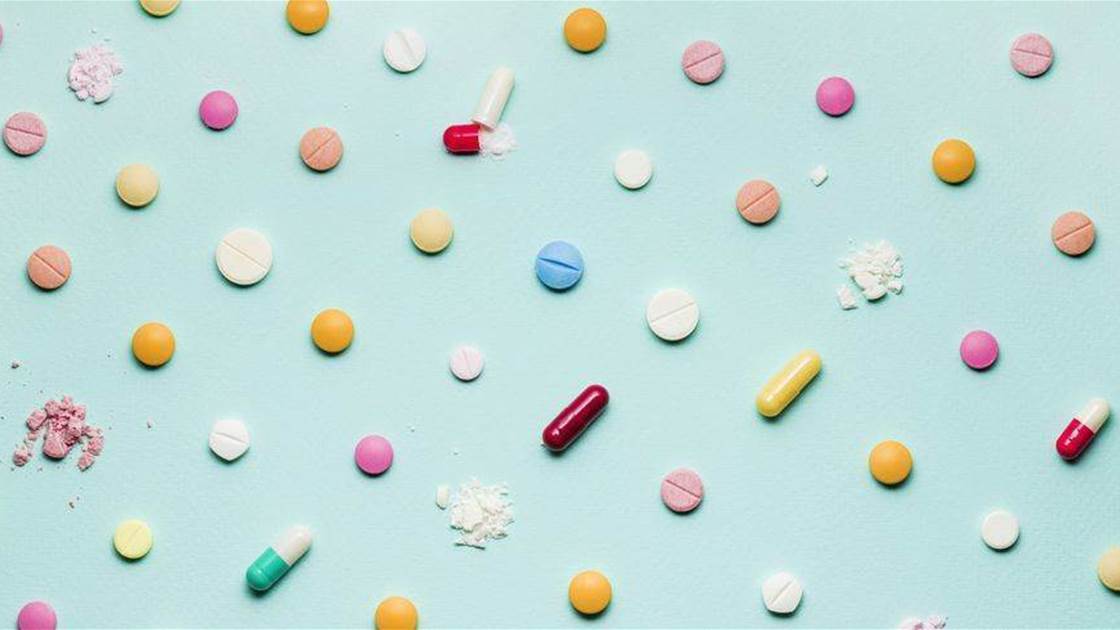


.jpg&h=90&w=90&c=1&s=1)



.png&h=193&w=250&c=1&s=1)
.png&h=193&w=250&c=1&s=1)

